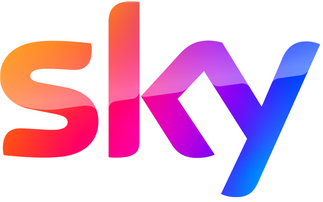University of Sheffield's Christine Sexton notes difference in attitudes to mobile tech between students and teaching staff
One of the main challenges to the adoption of mobile technology in the workplace is ensuring employees have the "digital literacy" to use devices like tablets and smartphones, along with the cloud-...
To continue reading this article...
Join Computing
- Unlimited access to real-time news, analysis and opinion from the technology industry
- Receive important and breaking news in our daily newsletter
- Be the first to hear about our events and awards programmes
- Join live member only interviews with IT leaders at the ‘IT Lounge’; your chance to ask your burning tech questions and have them answered
- Access to the Computing Delta hub providing market intelligence and research
- Receive our members-only newsletter with exclusive opinion pieces from senior IT Leaders























